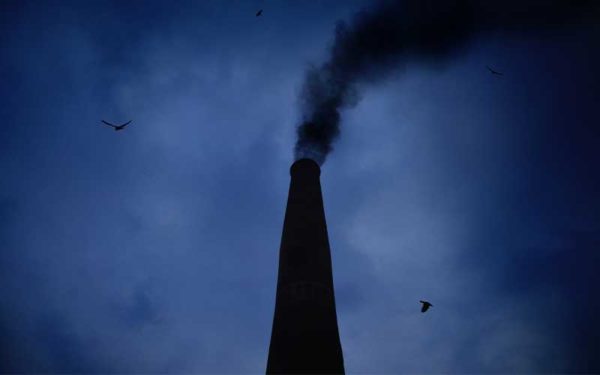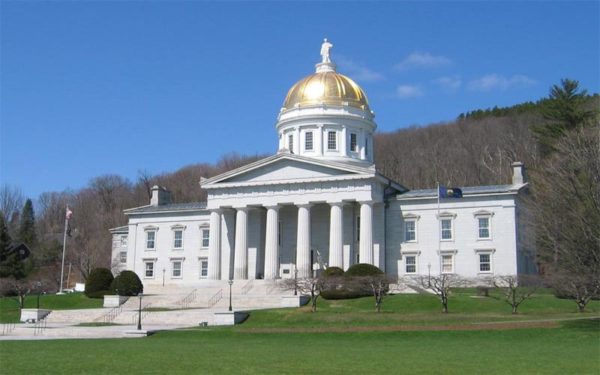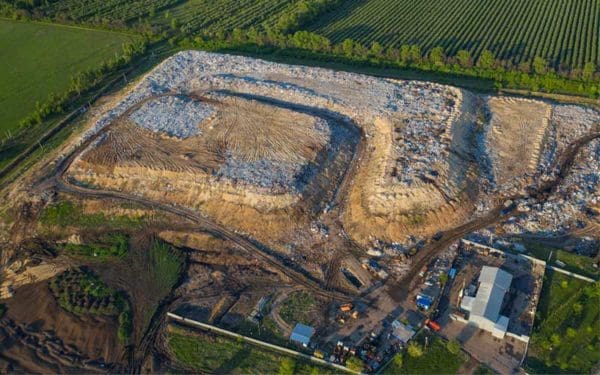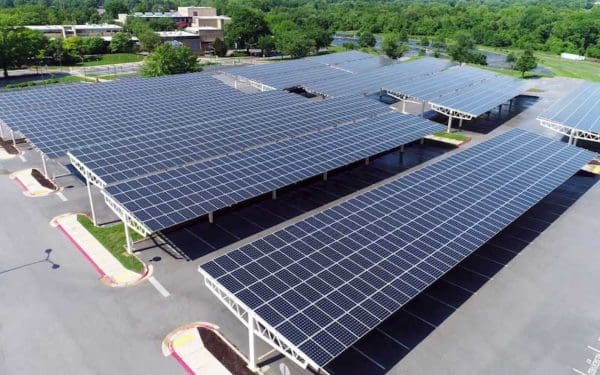What Does Biden’s Conservation Vision Mean for New England?
The Biden administration has outlined a bold vision for conservation, but the devil is in the details, especially when it comes to protecting 30% of lands and waters by 2030.

The Biden administration has outlined a bold vision for conservation, but the devil is in the details, especially when it comes to protecting 30% of lands and waters by 2030.

“It’s likely the tip of a toxic iceberg in terms of how many pesticides have this issue of PFAS contamination,” said Colin Antaya, a legal fellow with Conservation Law Foundation.
Toxic PFAS have been found in some pesticides – where they’re not supposed to be. We’re demanding state leaders take immediate action to curb this toxic threat.

Incinerator emissions are polluting the air and poisoning our communities. The problem is, clean air laws often favor polluters instead of the people they’re supposed to protect.

“The legislature has taken a major step forward to protect communities and firefighters from toxic forever chemicals,” said Jen Duggan, Vice President and Director of CLF Vermont. “PFAS wreak havoc on our health and they have no place in products we use every day. Vermont has the opportunity to lead the nation in protecting people from PFAS, and Governor Scott must sign this bill into law.”

Time and again, corporate waste giants are granted permission to expand their dangerous landfills. CLF is working to stop these Northern New England landfills from getting bigger and harming our communities.

May 4, 2021 (MONTPELIER, VT) – Today, Vermont’s House of Representatives gave unanimous initial approval to a bill that would restrict the sale of consumer products that contain toxic chemicals known as PFAS. After final approval, the bill will head back to the Senate, where they will consider the House amendments. The Senate unanimously approved… Continue reading Vermont Legislature Advances Bill to Ban Forever Chemicals from Products

New England won’t be able to meet its climate goals and enjoy the benefits of clean energy unless our grid operator undertakes serious reform.

Ensuring a just economic recovery from the pandemic means not following a business-as-usual model. Instead, we must prioritize people’s health, provide direct relief to families and individuals, and invest in the future of our communities.

Over 40% of New England’s climate-damaging emissions billow from the exhaust pipes of our cars, trucks, semis, buses, and trains. We cannot solve climate change without cutting that pollution. And in the process, we have a unique opportunity to reimagine our region’s transportation systems as ones that are both affordable and accessible to everyone.
